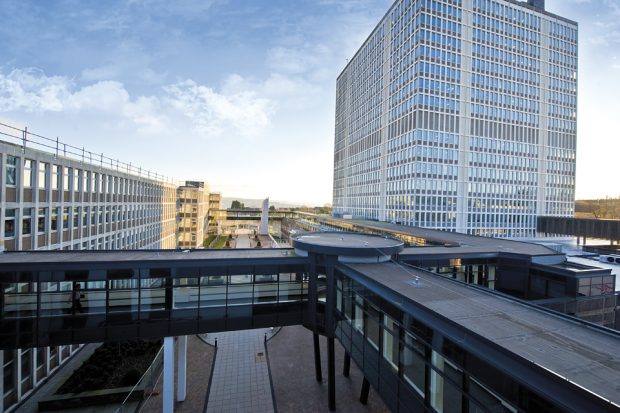
6 years ago I was appointed as DVLA’s Corporate Services Manager. My role is to build relationships with our corporate stakeholders, support their needs and identify opportunities for service improvements.
Working with the industry
The needs of our corporate customers are quite different and often more complex than those of ordinary motorists. They interact with our services on a much more frequent basis and often handle large volumes of transactions.
We’ve now built relationships with representatives from over 150 different trade associations, motoring organisations and charities.
I’m also the chair of several user groups with large numbers of representatives from different industry sectors, for example, vehicle manufacturers, fleets and the used vehicle industry.
Having regular and flexible discussions gives us an important means of understanding the industry view. We work closely with them to understand the needs of their members, while making sure that we manage their expectations and they understand the challenges we face. It also helps us identify and evidence the potential business benefits that system changes would deliver to industry and to look at opportunities for removing burden and promoting growth.
It’s working well and we regularly get positive feedback from our stakeholders on the value of these user groups.
Our charities forum
Our charity forum gives us a platform to work with over 20 different charities, we meet every six months to give updates on our Driver Medical Services. These charities represent customers affected by medical conditions that could impact on their ability to drive, although most people who report a medical condition, get to keep their driving licence.
Last year we worked closely with several key medical charities on developing information packs to help support their members. The aim was to encourage drivers to be confident in telling us about a medical condition. The information packs also set out typical licensing journeys for customers with specific medical conditions. The charities have shared this information with their members helping to guide them through the process when notifying DVLA of a medical condition and managing their expectations.
We held our first virtual meeting last November and our second in March. Both meetings went very well. The meetings also attracted more participants because they were able to join without the need to travel, saving time and money.
Working together
The pandemic has been difficult for everyone. We’ve had to introduce new ways of working and communicating – using virtual meetings and video conferencing instead of physical meetings.
Our approach has always been to work collaboratively with our corporate customers. Over the years we’ve developed strong relationships with representatives from these various groups – based on trust and mutual respect. We’ve had great support from them during the pandemic in encouraging their members to use DVLA’s digital services instead of relying on paper transactions, which were taking longer to process.
Throughout the last year we’ve worked closely with the industry to help keep the country moving. From prioritising the registration of vehicles used by key workers to utilising the ‘web chat’ support facility to help the car hire and rental industry and their customers use the ‘check and share driving licence’ service.
Things have changed as a result of the pandemic and I do not think it will ever be the same again. Virtual meetings have ensured that we’ve been able to continue to work closely with our stakeholders and now that we’re familiar with working this way, we’ll continue to do so. But we will still recognise the importance of face-to-face interaction, especially when it comes to building relationships and resolving complex challenges.
Let’s block ads! (Why?)


